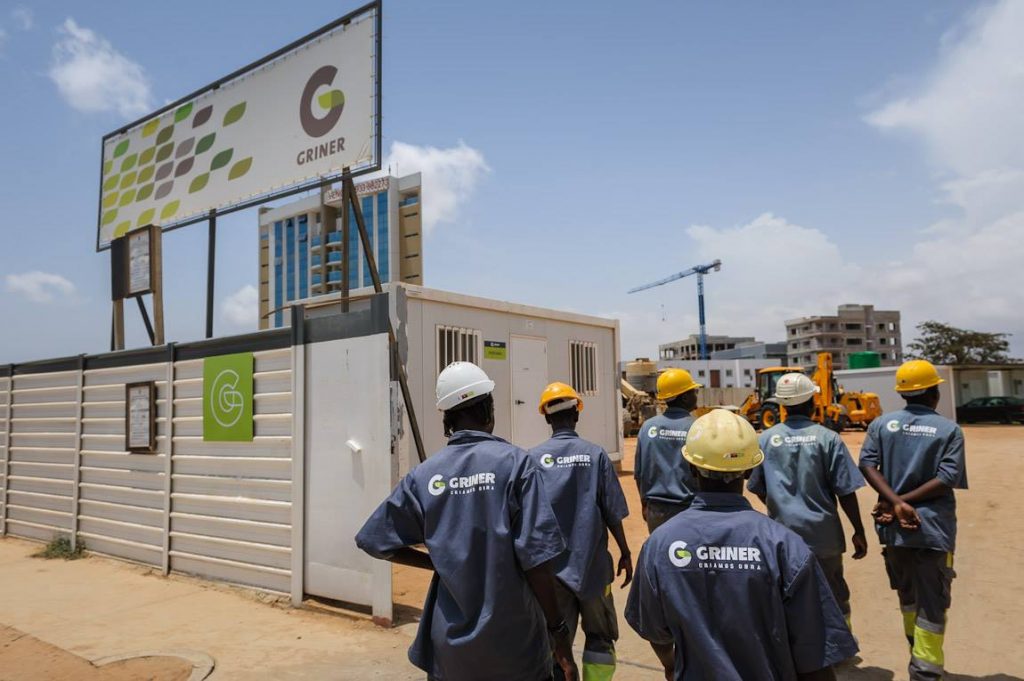As part of its growth and expansion strategy, Griner Engenharia, S.A. entered into an agreement for the acquisition of an 82% stake in Seth – Sociedade de Empreitadas e Obras Hidráulicas.
Meanwhile, according to a statement that has just been published on Griner’s website and consulted by Forbes África Lusófona, the acquisition operation is still subject to the agreement of the Competition Authorities in Angola and Mozambique, and the transaction is expected to be completed by the end of 2023.
Seth, a Portuguese company incorporated in 1933, in addition to Portugal, operates in several African countries in the areas of maritime and port works; geotechnics and foundations; construction and infrastructure, as well as in power transmission lines.
The company has in its curriculum the execution of emblematic works, in which the construction of the new breakwater and pier of the Port of Cabinda in Angola stand out; the expansion and modernization of the Port of Inglês, on Maio Island in Cape Verde; the construction of the Kamsar Container Terminal, Phase III, in the Republic of Guinea Conakry; and the construction of the Lisbon Cruise Terminal – 1st phase, in Portugal.
In addition to the works already carried out by Seth, there are also the development of several projects for the expansion and modernization of Mozambique’s electricity grid, as well as the construction of the Sines – Setúbal Natural Gas Transmission Pipeline, in Portugal.
With this acquisition, Griner reinforces its strategy of geographical diversification and increase of technical skills in the construction sector, thus counting on an increase of 266 staff, most of whom are specialized and with strong track records in the sector, distributed between Portugal, Angola, Mozambique and Cape Verde.
“Griner and its board of directors wish to welcome Seth’s employees to our group, and we are certain that they will play a crucial role in the growth of the Griner group and in the development of the African economies where the group operates,” the statement reads.
Source: Forbes África Lusófona

